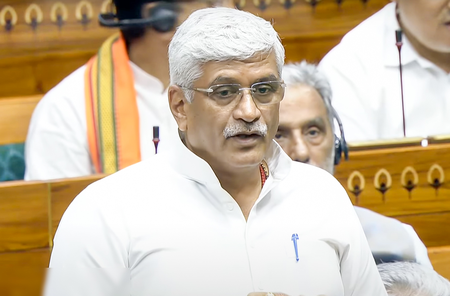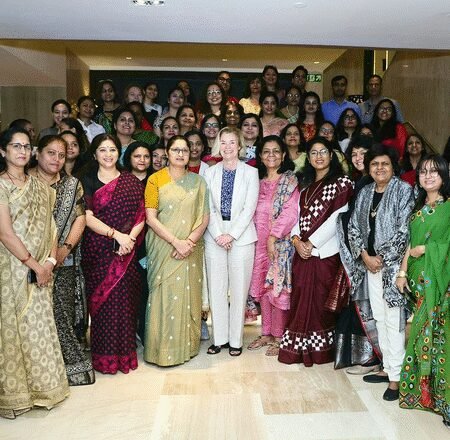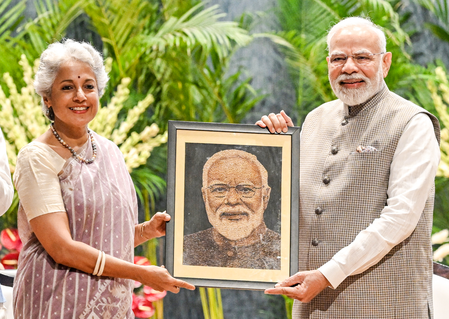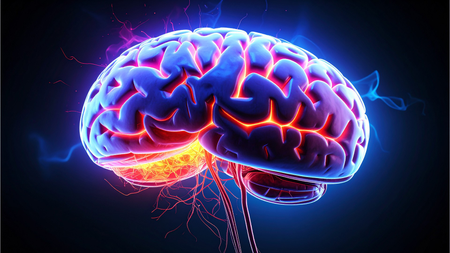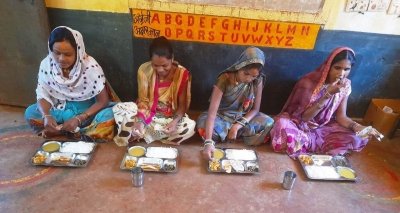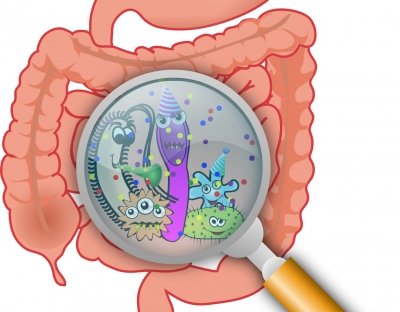
Non-antibiotic drugs can disrupt microbiome, raise gut infection risk
New Delhi, Aug 7 (IANS) While antibiotics are known to harm the gut microbiome, a new study showed that non-antibiotic drugs can also alter the microbiome and increase the risk of gut infections.However, it has been unclear which of these disruptions might be readily tolerated and which disruptions increase the risk of health complications.In the new study, researchers from Yale University in the US identified several common prescription, non-antibiotic drugs that altered the gut microbiome, and discovered that at least one of these drugs triggers mice to produce anti-microbial agents that target their own gut microbes.The findings, published in the journal Nature, suggest the microbiome could influence why some people respond well to drugs, while others don't. And it could be a target for...


